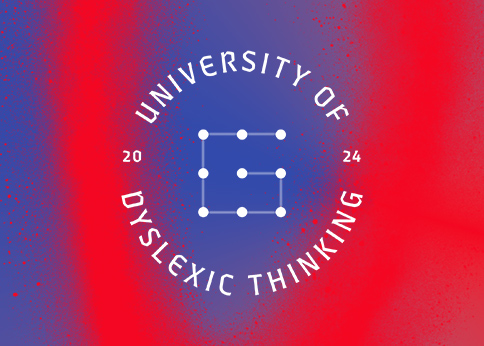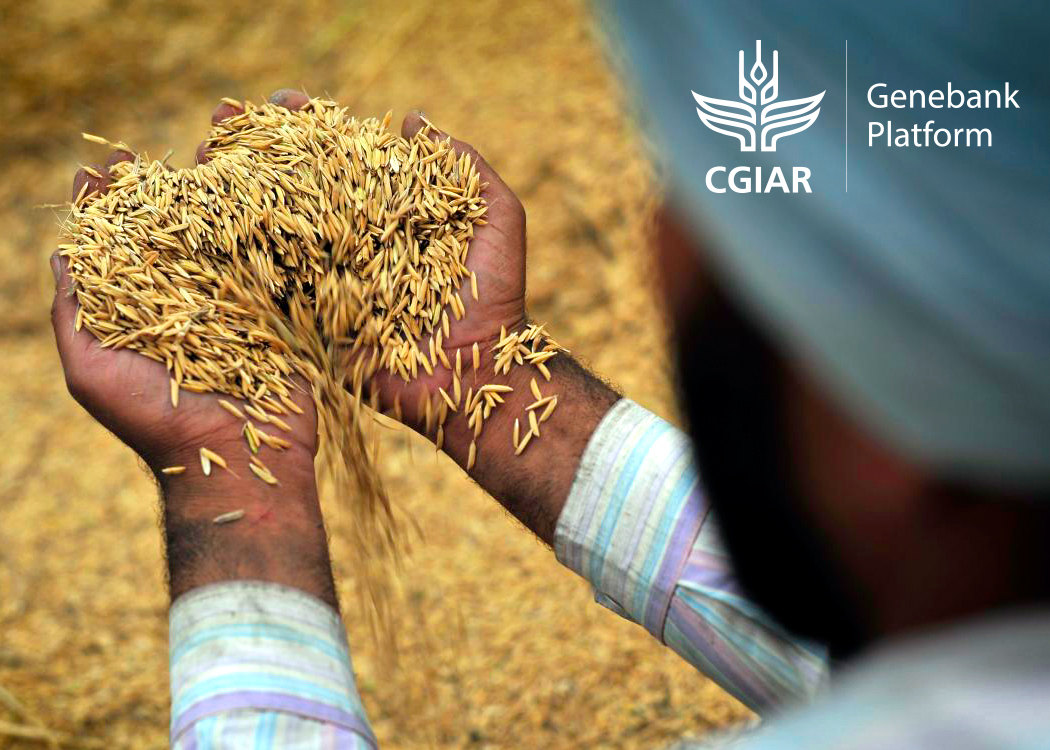-
-
-
-
-
Energy Demand Projections with MAED (Model for Analysis of Energy Demand)
This course introduces long term energy demand simulation and power demand profile generation using the International Atomic Energy Agency's Model for Analysis of Energy Demand (MAED). Participants will learn the basics of setting upa model, calibrating it, and running scenarios.
Course
20 hrs
-
Input-Output analysis and modelling with MARIO
The main goal of the course is to introduce you to the fundamentals of quantitative impact assessment methods and models. These quantitative models are specifically designed to assess the prospective environmental and economic impacts resulting from the application of technological or policy interventions at meso and macro-scale, comprehensively including supply-chain effects in a Life Cycle perspective.
Course
40 hrs
-
Energy and Flexibility Modelling: OSeMOSYS & FlexTool (MAC)
(MAC version) Participants will learn to use energy modelling tools to understand the investments needed to meet growing energy demands alongside environmental and energy security constraints, while assessing system flexibility to account for high renewables penetration.
Course
32 hrs
-
Energy and Flexibility Modelling: OSeMOSYS & FlexTool (Windows)
(WINDOWS version) Participants will learn to use energy modelling tools to understand the investments needed to meet growing energy demands alongside environmental and energy security constraints, while assessing system flexibility to account for high renewables penetration.
Course
32 hrs
-
Geospatial clean cooking access modelling using OnStove
In this course you will be introduced to OnStove, an open-source spatial clean cookingtool identifying the best cooking solutions across any given area based on their costsand benefits. The track will take you from start to finish, from creating your own spatialrepository to modifying your spatial data, calculating the net-benefits of differentcooking solutions and lastly visualizing and presenting your results.
Course
32 hrs
-
Off-Grid Energy Systems Modelling with MicroGridsPy
Explore the computational aspects of energy system modelling, delve into the technological components of third-generation minigrids, and discover MicroGridsPy, an open-source Python framework for optimal sizing of minigrids.
Course
40 hrs
-
-
-
Inaugural Badge - CLEWs Silver Proficiency Badge
This advanced-level certification validates substantial practical experience in CLEWs modelling with OSeMOSYS. It demonstrates the ability to develop and apply complex models to real-world challenges, effectively communicate results, and adapt modelling approaches to different contexts. The certification emphasises both technical expertise and the ability to derive meaningful policy insights from modelling work.
Competition
1 hr
-
Inaugural badge: OSeMOSYS - Lead Instructor Badge
This advanced teaching certification recognizes expertise in designing and delivering comprehensive OSeMOSYS training programs. It validates the ability to create sophisticated training materials, mentor other instructors, and adapt programs to diverse learning contexts. The qualification ensures instructors can lead complex training initiatives while advancing modelling education methodology.
Competition
1 hr
-
Inaugural Badge: CLEWs - Gold Proficiency Badge
This expert-level certification recognizes mastery in CLEWs modelling real-world energy planning challenges. It validates the ability to either develop innovative solutions to complex energy challenges, manage sophisticated modelling projects, and, or effectively translate technical insights into high-level policy recommendations.
Competition
1 hr
-
Inaugural badge : OSeMOSYS - Silver Proficiency Badge
This advanced-level certification validates substantial practical experience in energy systems modelling with OSeMOSYS. It demonstrates the ability to develop and apply complex models to real-world challenges, effectively communicate results, and adapt modelling approaches to different contexts. The certification emphasises both technical expertise and the ability to derive meaningful policy insights from modelling work.
Competition
1 hr
-
Inaugural Badge: CLEWs - Lead Instructor Badge
This advanced teaching certification recognizes expertise in designing and delivering comprehensive CLEWs training programs. It validates the ability to create sophisticated training materials, mentor other instructors, and adapt programs to diverse learning contexts. The qualification ensures instructors can lead complex training initiatives while advancing modelling education methodology.
Competition
1 hr
-
Inaugural badge: OSeMOSYS - Gold Proficiency Badge
This expert-level certification recognizes mastery in energy systems modelling (OSeMOSYS) real-world energy planning challenges. It validates the ability to either develop innovative solutions to complex energy challenges, manage sophisticated modelling projects, and, or effectively translate technical insights into high-level policy recommendations.
Competition
1 hr
-
Inaugural badge : OSeMOSYS - Associate Instructor Badge
This certification recognises the ability to effectively support and deliver energy modelling training. It validates capabilities in teaching specific aspects of OSeMOSYS, adapting teaching methods to diverse learners, and providing constructive feedback on modelling exercises. The qualification ensures instructors can effectively communicate complex modelling concepts to novice learners.
Competition
1 hr
-
-
-
The science of seed quality management (Edition 2)
Explores the biology of seed development and germination, revealing the latest scientific discoveries in this area, and how the biological principles revealed by scientists can be harnessed by national and international genebanks to improve the longevity and viability of seeds in storage.
Course
18 hrs
-
The science of seed quality management (Edition 1)
Explores the biology of seed development and germination, revealing the latest scientific discoveries in this area, and how the biological principles revealed by scientists can be harnessed by national and international genebanks to improve the longevity and viability of seeds in storage.
Course
18 hrs
-
-
-
Genetic Resource Policies for Agricultural Research Scientists (Edition 2)
This course explores how daily operations of national research organizations are affected by national and international laws and organizational policies governing access to, and use of, plant genetic resources and related information.
Course
24 hrs
-
Genetic Resource Policies for CGIAR Scientists (Edition 4)
This course explores how daily operations of CGIAR genebanks and breeding programmes are affected by national and international laws and CGIAR policies governing access to, and use of, plant genetic resources and related information.
Course
24 hrs
-
-
-
Genetic Resource Policies for Agricultural Research Scientists (Edition 1.1)
This course explores how daily operations of national research organizations are affected by national and international laws and organizational policies governing access to, and use of, plant genetic resources and related information.
Course
24 hrs
-
Genetic Resource Policies for Agricultural Research Scientists (Edition 1)
This course explores how daily operations of national research organizations are affected by national and international laws and organizational policies governing access to, and use of, plant genetic resources and related information.
Course
24 hrs
-
Genetic Resource Policies for CGIAR Scientists (Edition 3)
This course explores how daily operations of CGIAR genebanks and breeding programmes are affected by national and international laws and CGIAR policies governing access to, and use of, plant genetic resources and related information.
Course
24 hrs
-
Genetic Resource Policies for CGIAR Scientists (Edition 2)
ARCHIVED SECOND PRESENTATION: This course explores how daily operations of CGIAR genebanks and breeding programmes are affected by national and international laws and CGIAR policies governing access to, and use of, plant genetic resources and related information.
Course
24 hrs
-
Genetic Resource Policies for CGIAR Scientists
ARCHIVED FIRST PRESENTATION: This course explores how daily operations of CGIAR genebanks and breeding programmes are affected by national and international laws and CGIAR policies governing access to, and use of, plant genetic resources and related information.
Course
24 hrs
-
-
-
Energy Demand Projections with MAED (Model for Analysis of Energy Demand)
This course introduces long term energy demand simulation and power demand profile generation using the International Atomic Energy Agency's Model for Analysis of Energy Demand (MAED). Participants will learn the basics of setting upa model, calibrating it, and running scenarios.
Course
20 hrs
-
Input-Output analysis and modelling with MARIO
The main goal of the course is to introduce you to the fundamentals of quantitative impact assessment methods and models. These quantitative models are specifically designed to assess the prospective environmental and economic impacts resulting from the application of technological or policy interventions at meso and macro-scale, comprehensively including supply-chain effects in a Life Cycle perspective.
Course
40 hrs
My OpenLearn Create Profile
- Personalise your OpenLearn profile
- Save Your favourite content
- Get recognition for your learning
Already Registered?
























![Teaching design thinking with digital technologies [Pilot]](https://www.open.edu/openlearncreate/pluginfile.php/811406/theme_openlearncreate/courseimage/11803/course_image_01d.png)
























